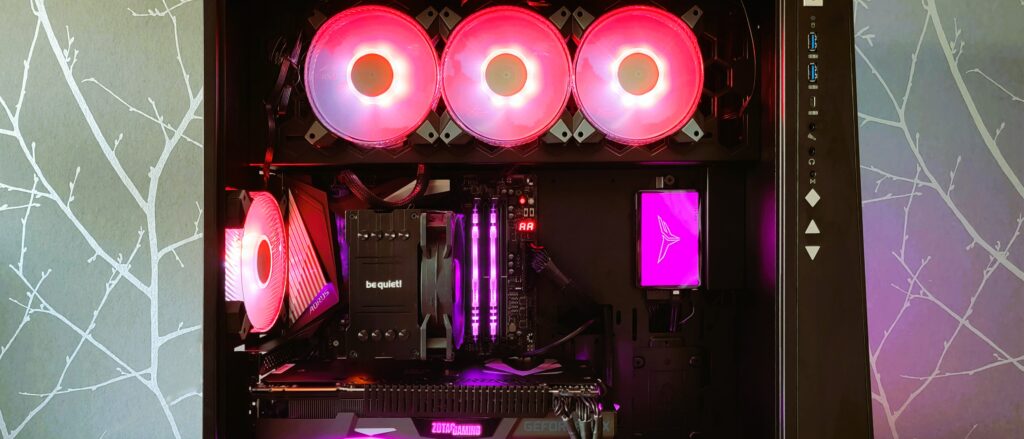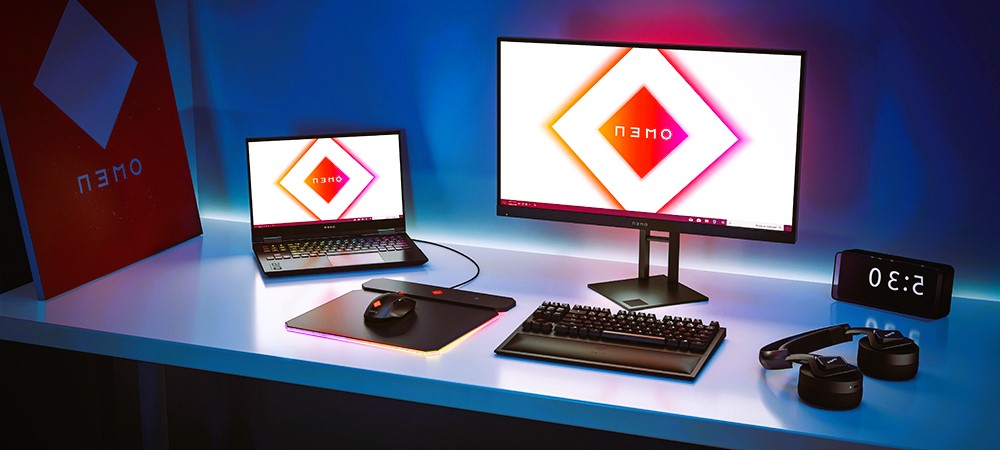Choosing the right gaming PC is crucial for an optimal gaming experience. With the rapid advancement of technology and the variety of components available, finding the perfect setup can seem daunting. This guide will walk you through the essential factors to consider when selecting a gaming PC, ensuring you make an informed decision that aligns with your gaming needs and preferences.
1. Determine Your Gaming Requirements
Before diving into hardware specifications, it’s essential to understand what you need from your gaming PC. Consider the following questions:
- What games do you play? Different games have varying requirements. For example, AAA titles like “Cyberpunk 2077” demand more powerful hardware compared to indie games.
- What level of performance do you expect? Decide whether you aim for high frame rates (FPS) for competitive gaming or high resolutions and detailed graphics for immersive experiences.
- What is your budget? Setting a clear budget will help narrow down your options and prevent overspending.
2. CPU (Central Processing Unit)

The CPU is the heart of your gaming PC, responsible for handling general processing tasks. For gaming, a powerful CPU ensures smooth performance and quick processing of game data.
- Intel vs. AMD: Intel’s Core i5 and i7 series and AMD’s Ryzen 5 and 7 series are popular choices. AMD processors generally offer better multi-threading capabilities, which can benefit multitasking and certain game types.
- Clock Speed and Cores: Look for a CPU with a high clock speed (measured in GHz) and multiple cores. Modern games benefit from CPUs with at least four to six cores.
3. GPU (Graphics Processing Unit)
The GPU is crucial for rendering graphics and affects your gaming experience’s visual quality. Choosing a high-performance GPU ensures smooth gameplay and high-resolution visuals.
- NVIDIA vs. AMD: NVIDIA’s GeForce RTX series and AMD’s Radeon RX series are leading options. NVIDIA cards generally excel in ray tracing and AI-based enhancements, while AMD cards often offer better value for money.
- VRAM: Look for a GPU with at least 6GB of VRAM. More VRAM can improve performance in high-resolution textures and complex games.
4. RAM (Random Access Memory)
RAM is essential for running multiple applications simultaneously and ensuring smooth gameplay.
- Capacity: For gaming, 16GB of RAM is typically sufficient. However, if you plan to run multiple applications or use your PC for tasks like video editing, consider 32GB.
- Speed: Faster RAM speeds can improve performance. Look for DDR4 RAM with speeds of at least 3000 MHz. Did you like the article? Read also about Trends in Gaming.
5. Storage
Storage affects load times and the amount of data you can keep on your PC.
- SSD vs. HDD: SSDs (Solid State Drives) offer faster load times and better performance compared to traditional HDDs (Hard Disk Drives). Consider a combination of both: an SSD for your operating system and frequently played games, and an HDD for additional storage.
- Capacity: A minimum of 512GB SSD is recommended, with additional HDD storage based on your needs.
6. Cooling System
A good cooling system is crucial to prevent overheating and ensure your PC runs efficiently.
- Air Cooling vs. Liquid Cooling: Air cooling is generally sufficient for most setups, but liquid cooling can provide better performance and quieter operation for high-end systems.
- Case Fans: Ensure your PC case has adequate airflow with multiple fans to keep temperatures in check.
7. Motherboard
The motherboard connects all your components and determines compatibility.
- Form Factor: Ensure the motherboard fits your PC case. Common sizes include ATX, Micro-ATX, and Mini-ITX.
- Features: Look for a motherboard with enough ports and expansion slots to meet your needs. Ensure it supports your chosen CPU and RAM.
8. Power Supply Unit (PSU)
The PSU powers all your components. Choose a reliable PSU with sufficient wattage to support your system.
- Wattage: Calculate the total power requirements of your components and choose a PSU with a bit of overhead. A 650W to 750W PSU is typically adequate for most gaming PCs.
- Efficiency Rating: Look for a PSU with an 80 Plus certification for better energy efficiency and reliability.
9. Case

The case houses all your components and affects airflow and aesthetics.
- Size: Ensure the case fits your motherboard and has enough space for your GPU and cooling system.
- Design: Consider aesthetics, such as RGB lighting and cable management features, based on your preferences.
10. Future-Proofing
Investing in components that will remain relevant for a few years can save you from frequent upgrades.
- Upgrade Paths: Choose a motherboard and case that allow for future upgrades, such as adding more RAM or upgrading the GPU.
- Compatibility: Ensure that your components are compatible with future technologies, like PCIe 4.0 or DDR5 RAM.
Additional Resources
For more information on PC components and standards, visit Wikipedia’s PC hardware page.
Choosing the perfect gaming PC involves balancing performance, budget, and future-proofing. By considering these factors and researching your options, you can build or purchase a gaming PC that meets your needs and enhances your gaming experience.

